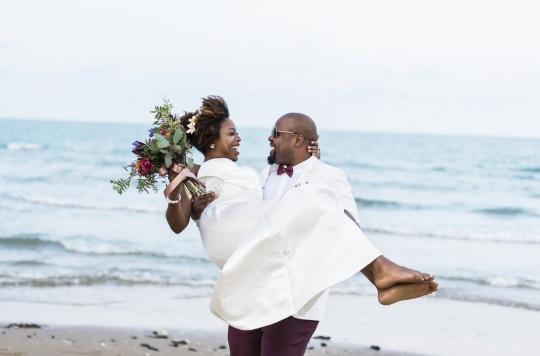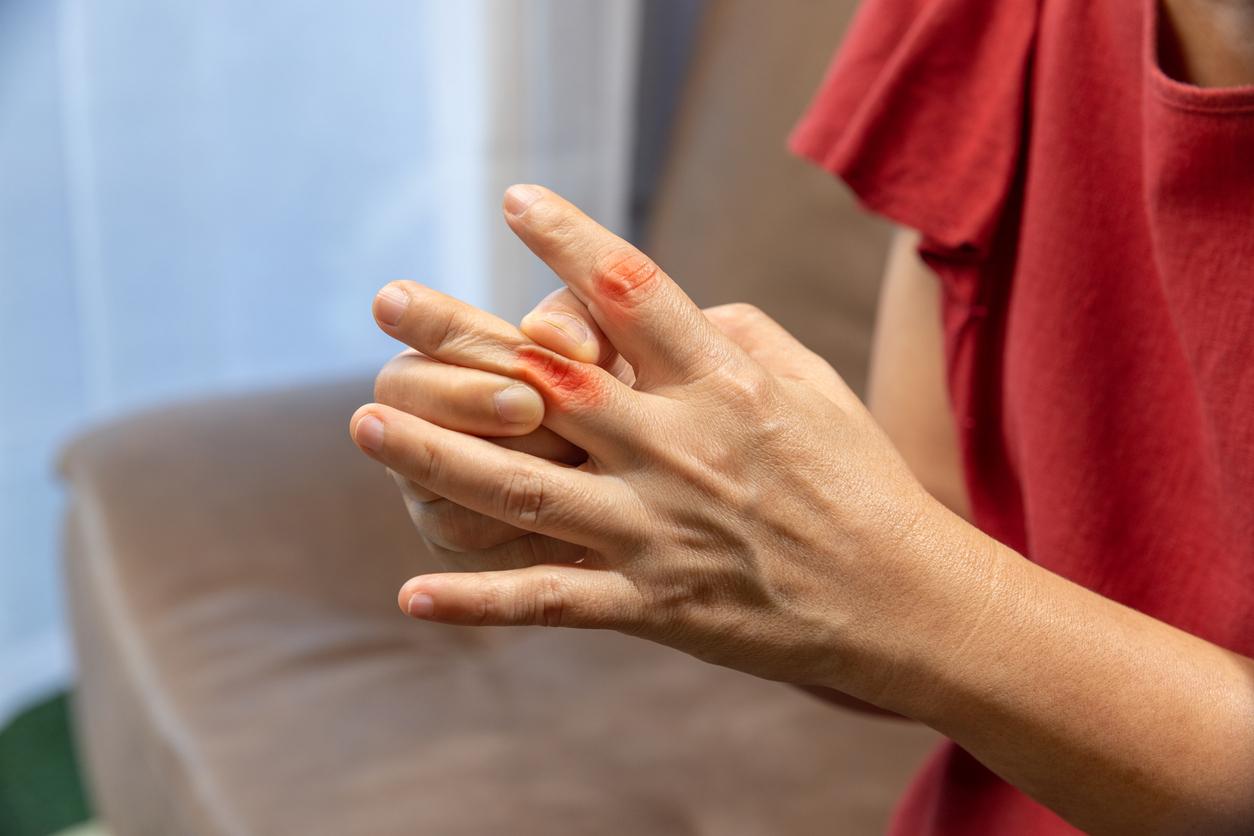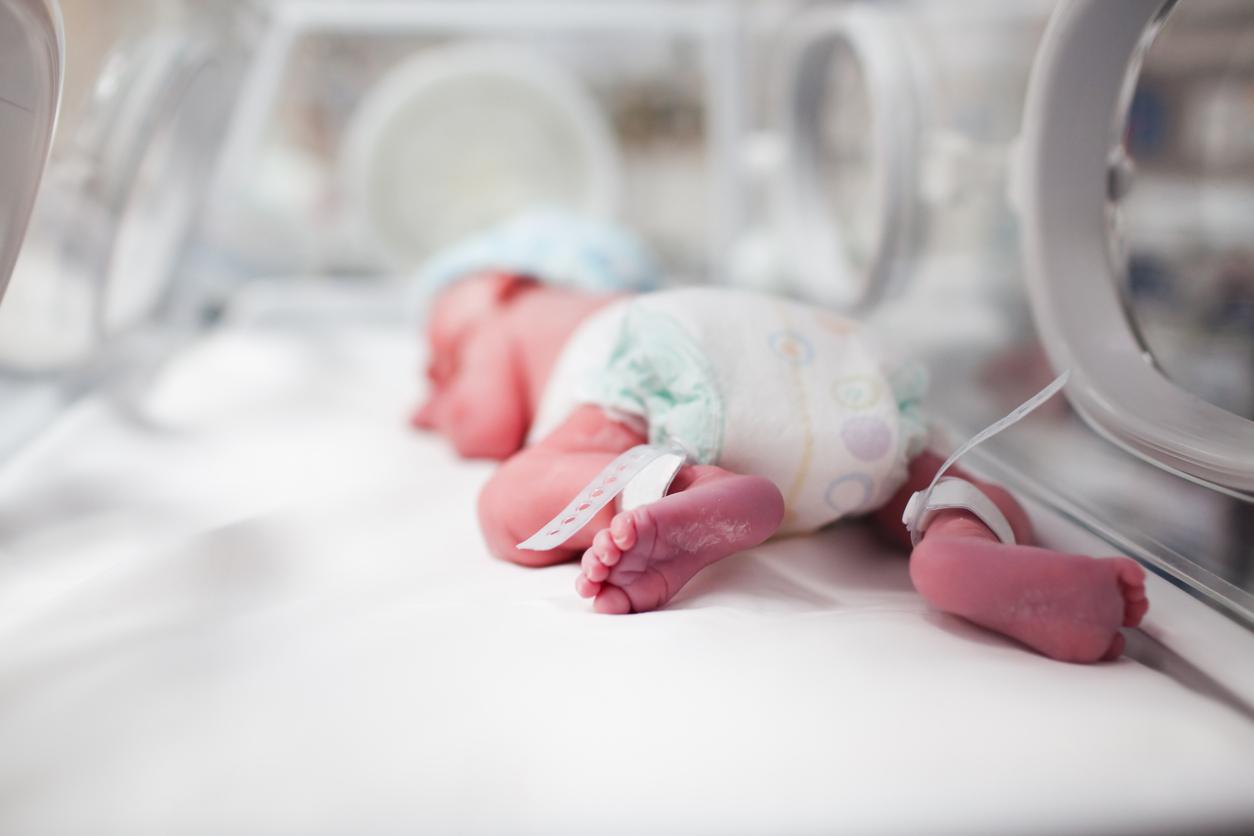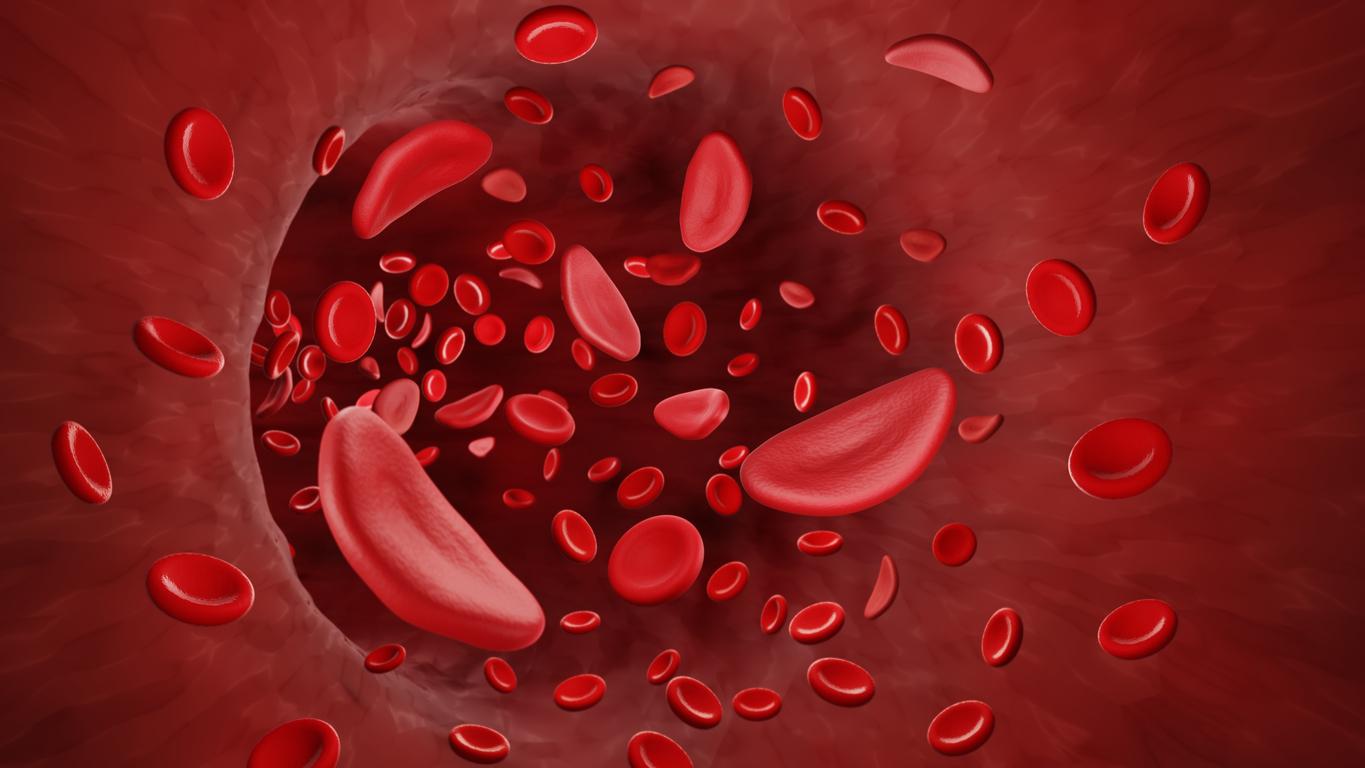Some genetic backgrounds are more likely to be successful in marriage than others. Here are which ones.

To succeed in marriage, one of the secrets would ultimately be… genetics. This is the conclusion of a new study published in the journal PLOS ONEwho analyzed the role of a genetic variation affecting oxytocin, the so-called “love hormone”.
Still the subject of much research, oxytocin is known to stimulate the emission of milk in young mothers and could inhibit the detection of fear. It would also promote the protective behavior of a mother towards her children. In humans, an effect of oxytocin has been demonstrated in trust, empathy, generosity, sexuality, reactivity to stress and social or marital attachment. It would be, in a way, “a filter of love”.
Marital satisfaction and emotional security
Research director Joan Monin, an associate professor at the Yale School of Public Health, and her team studied 178 married couples, ages 37 to 90. Each participant completed a survey assessing levels of marital satisfaction and emotional security, then provided a saliva sample for genetic analysis.
Result: When at least one partner had a genetic variation producing more oxytocin, the couple reported significantly higher marital satisfaction and emotional security. “This study shows that how we feel about our intimate relationships is influenced by much more than the experiences we share with our partners over time,” Joan Monin said. “In marriage, people are also influenced by their genetic predispositions and those of their partner,” she adds, up to 4%.
“A couple requires constant effort”
Still, “a couple requires permanent effort, which is not always easy to accept. This is why I repeat that a couple is not 1 + 1 = 2, but 1 + 1 = 3: you, me and our relationship. Taking care of your relationship requires time, availability, goodwill. And it’s not easy to fit into our agendas. I invite lovers to dialogue, according to the method that I named ECA: Listen, Understand, Accept”, recalls the psychiatrist and psychotherapist Frédéric Fanget in his book Dare the couple.
.

















